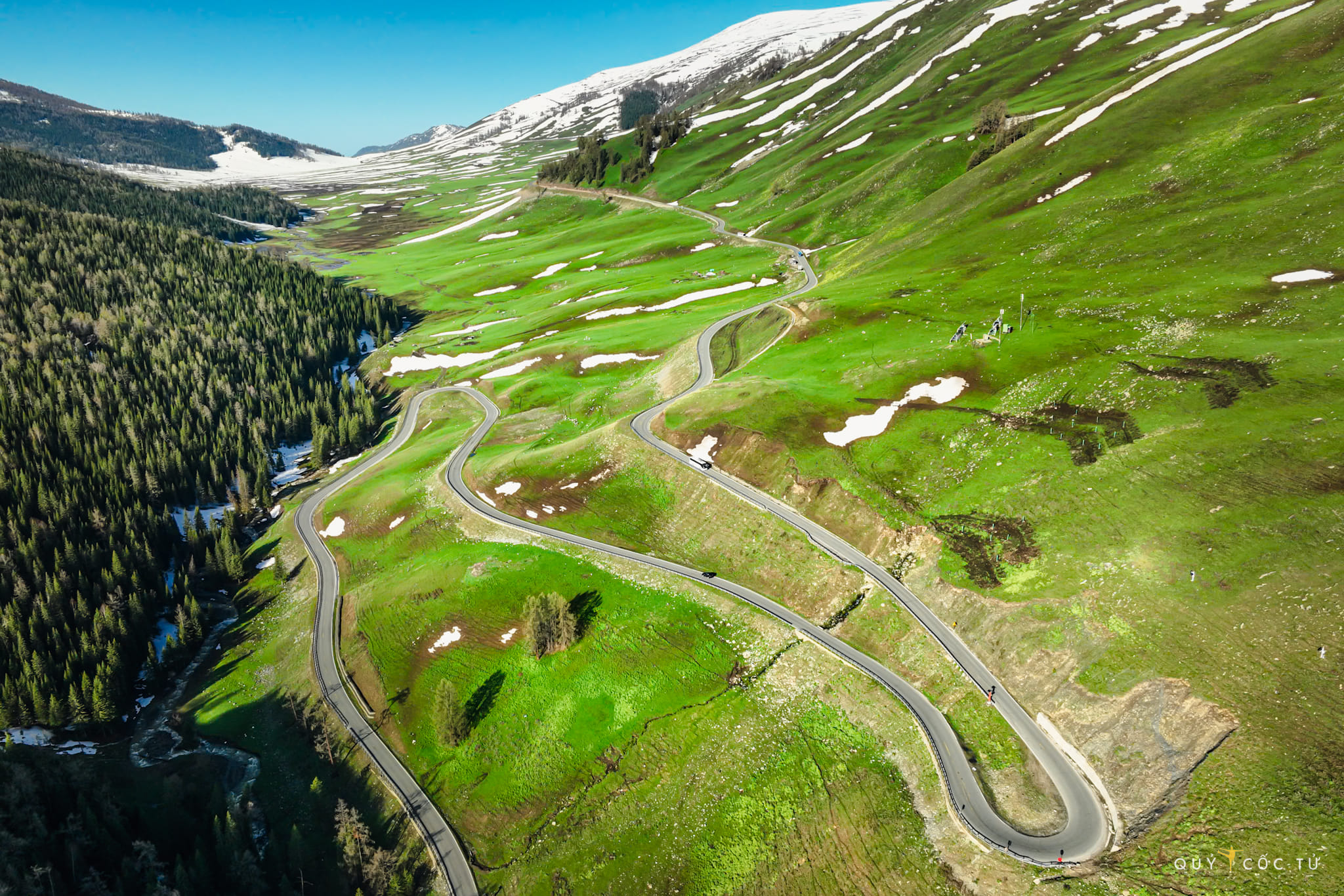
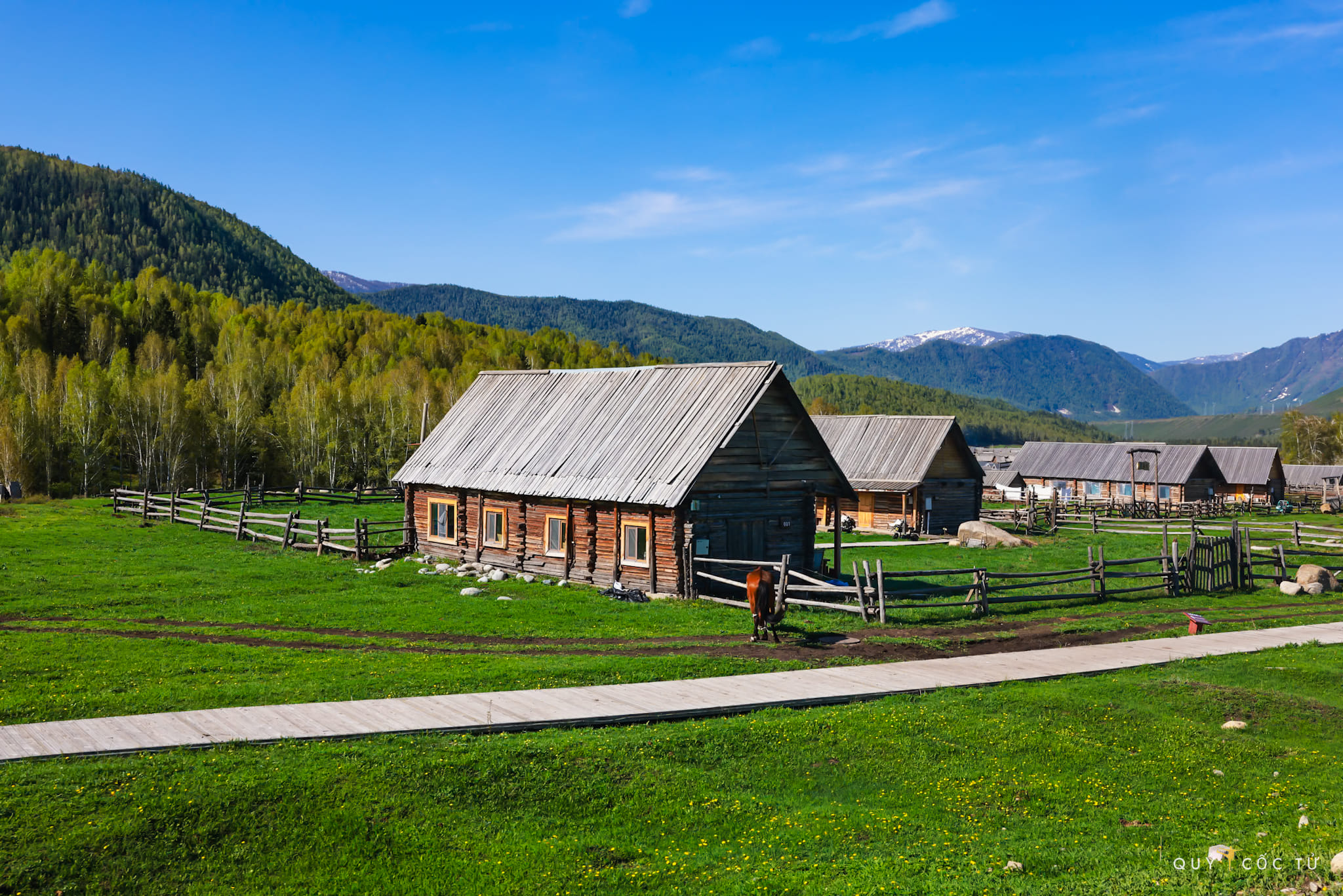
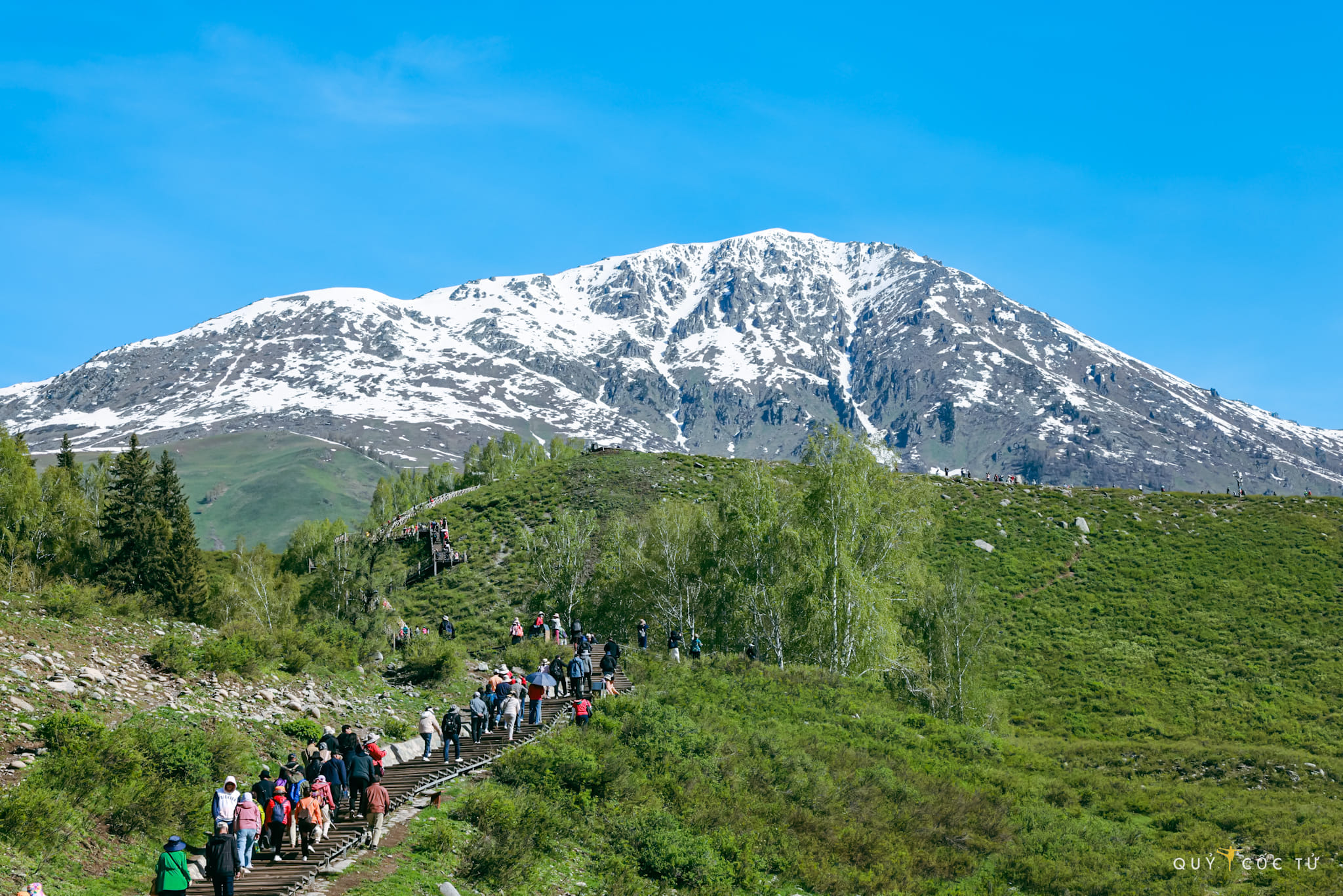
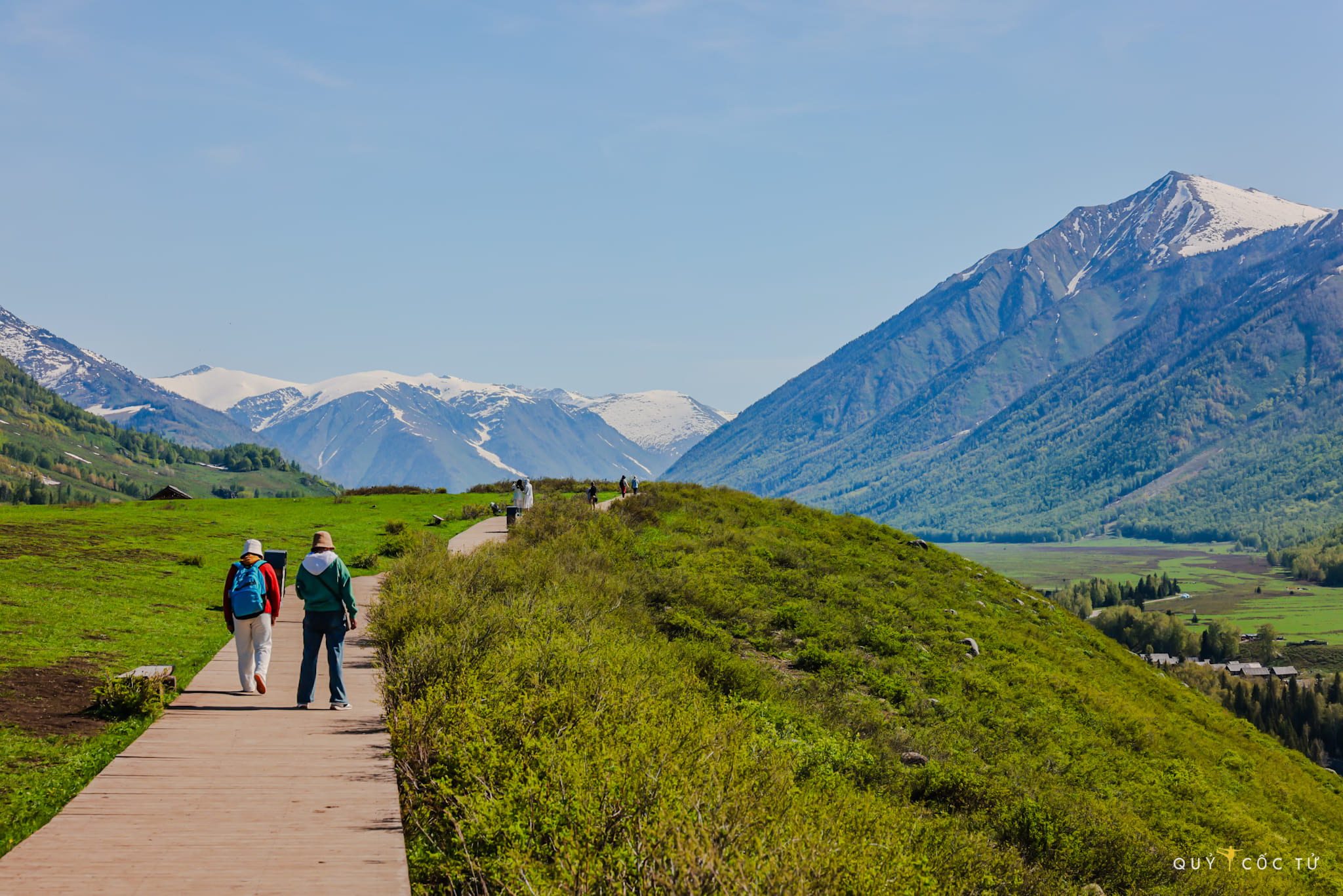
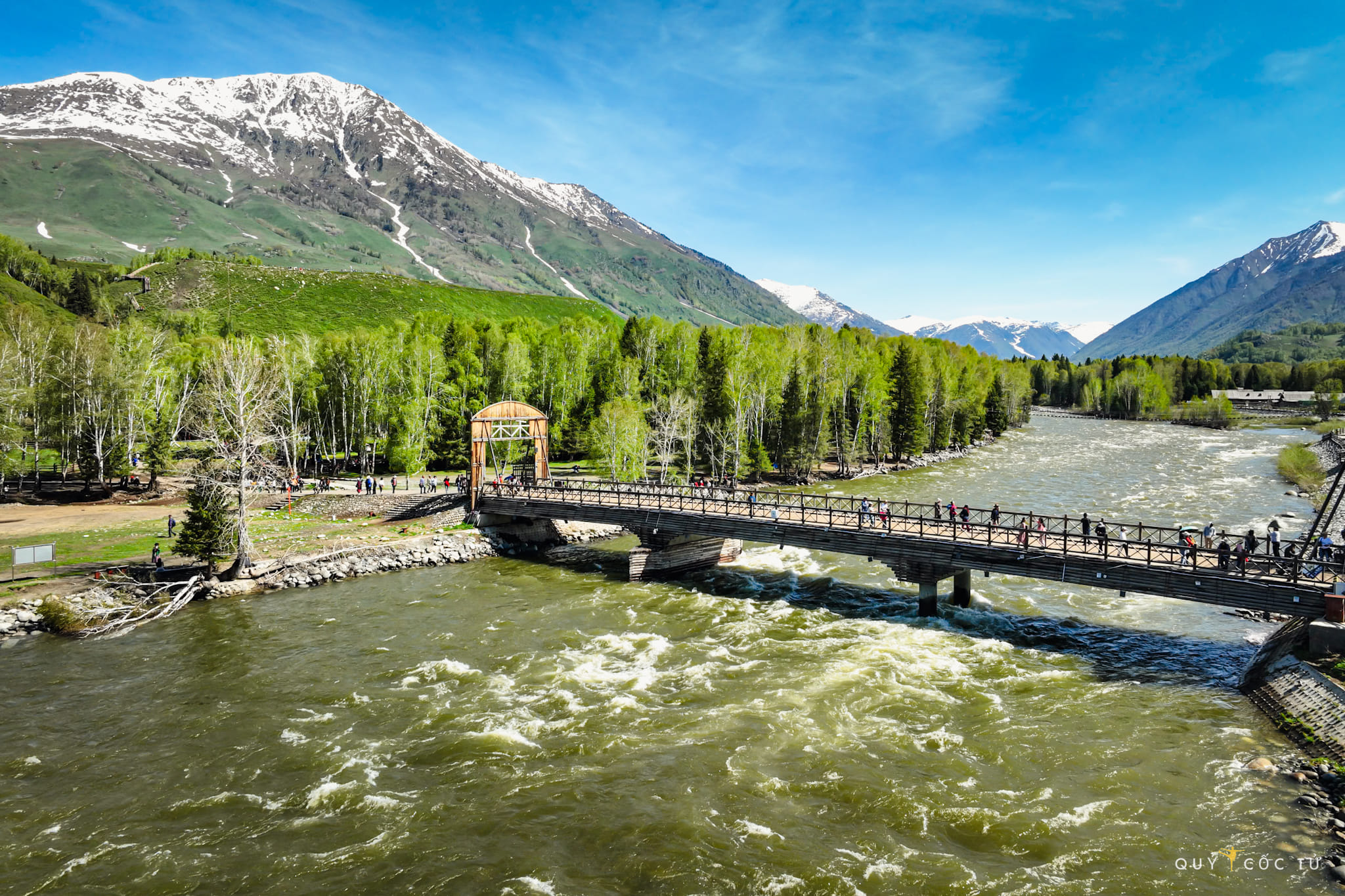
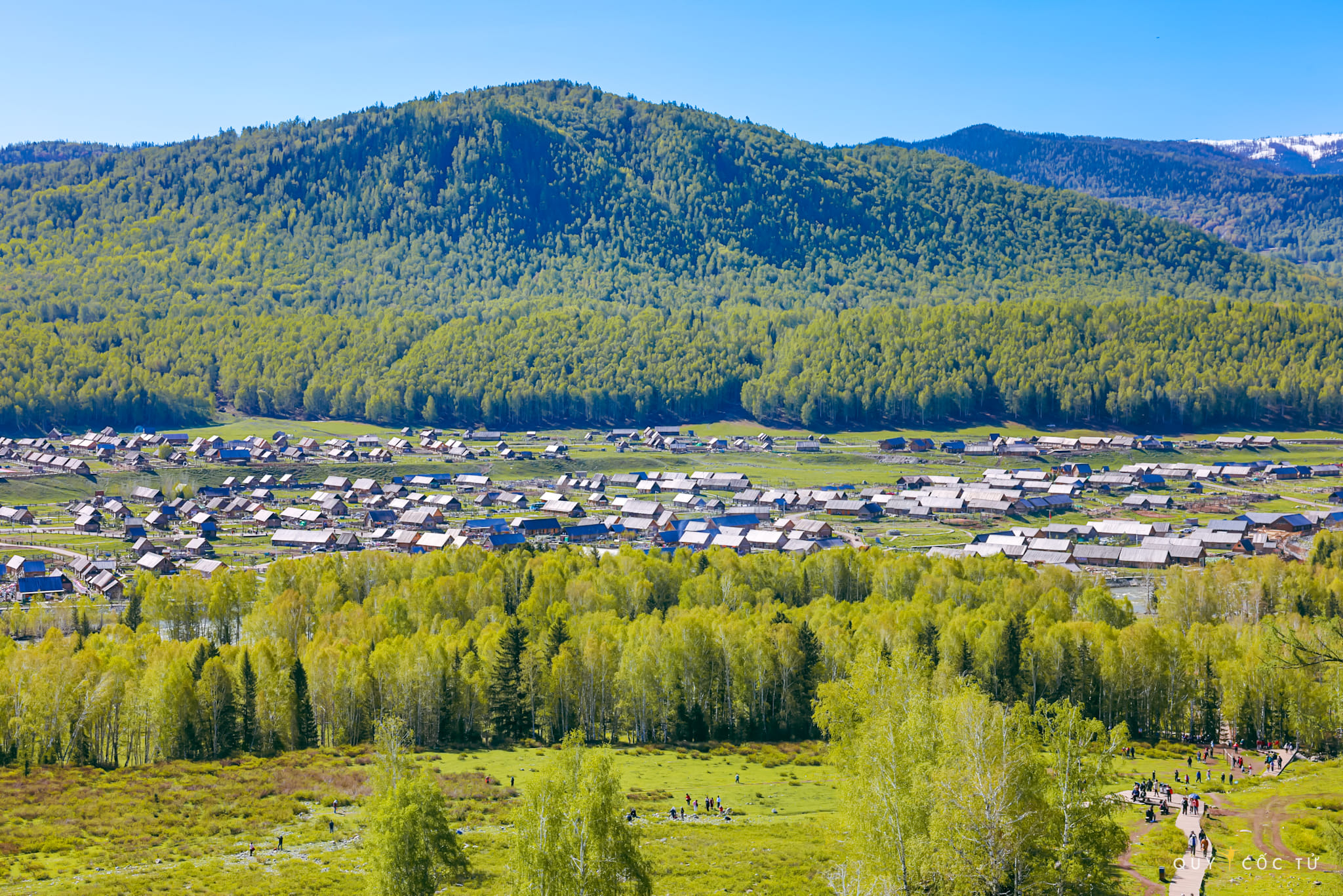
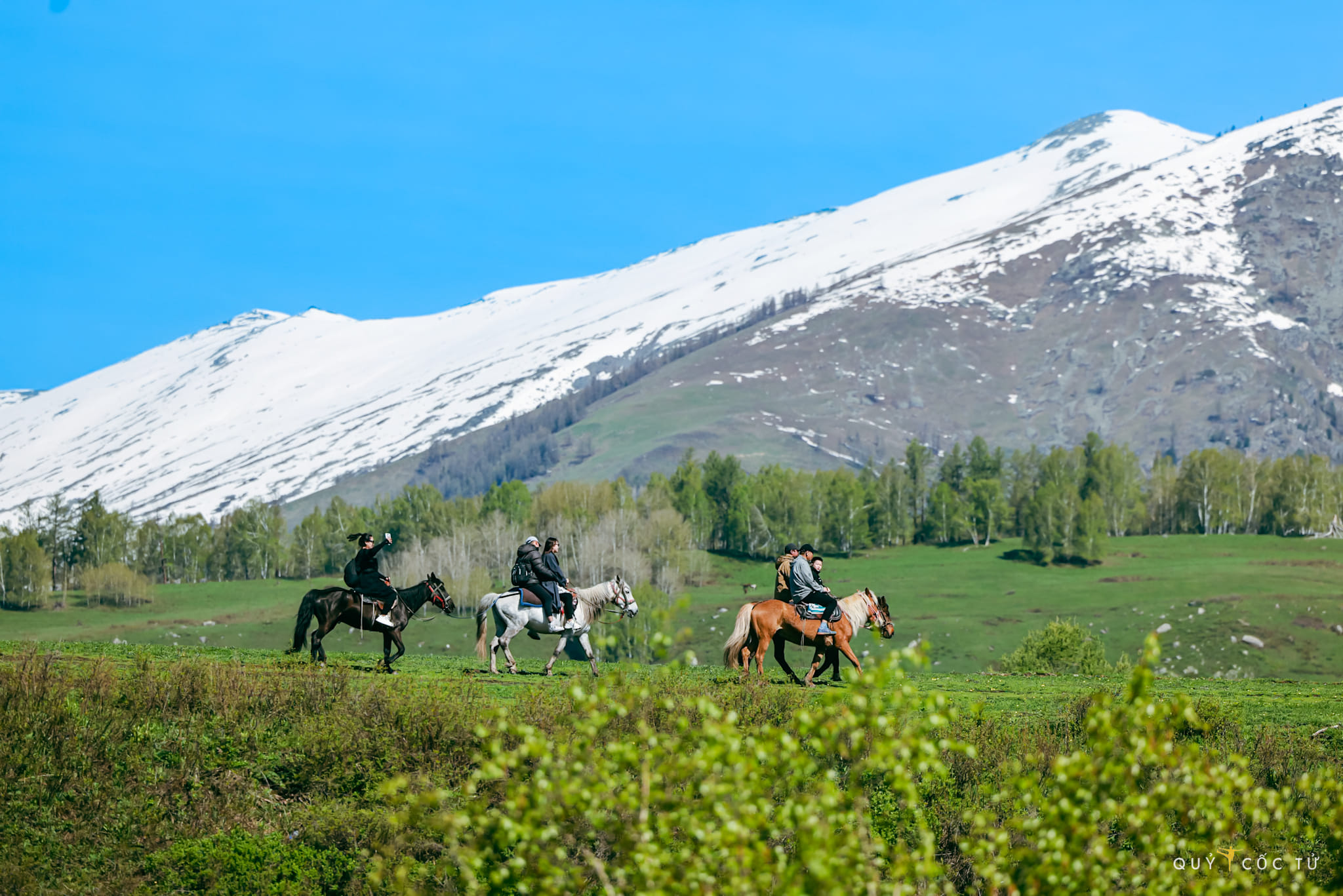
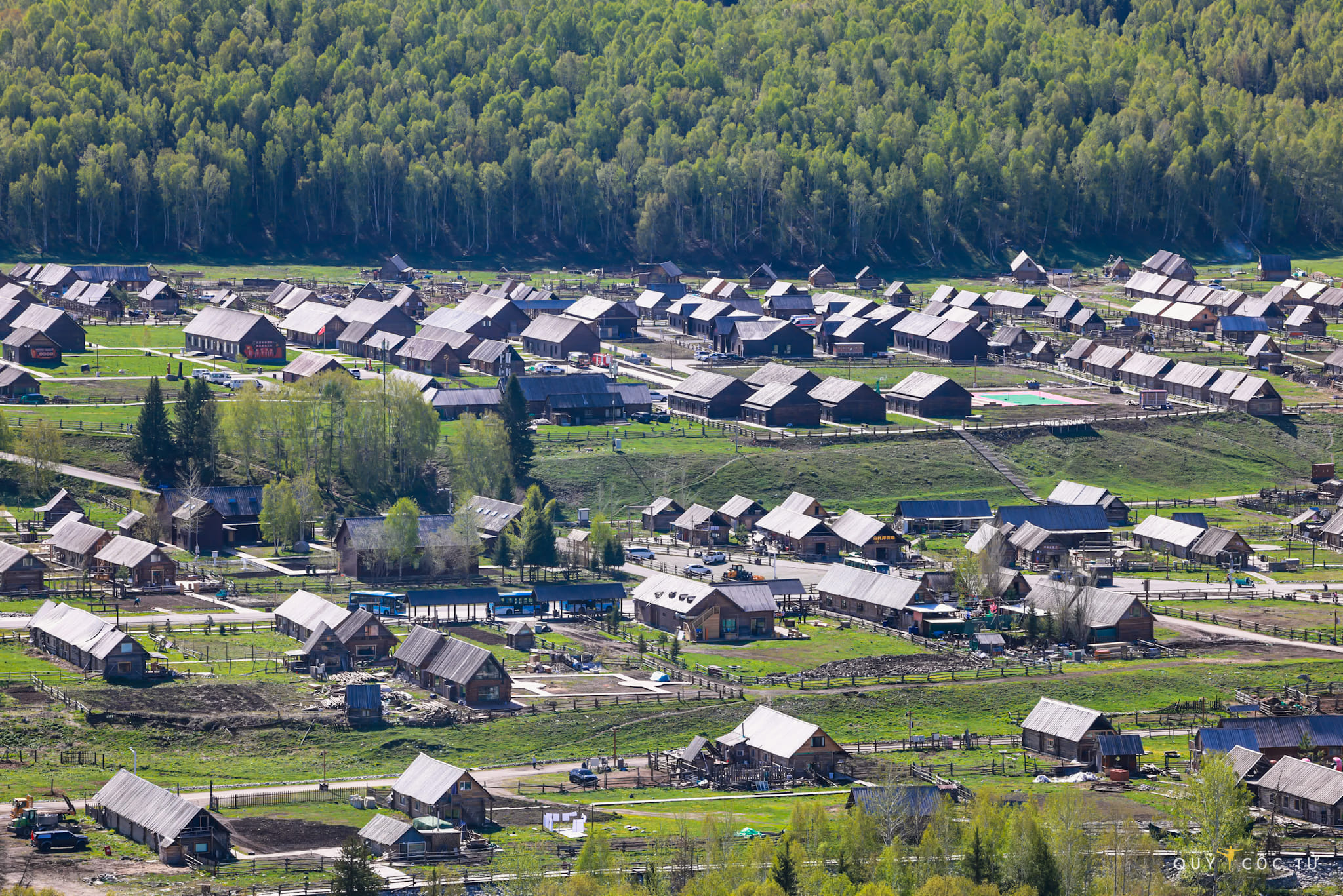
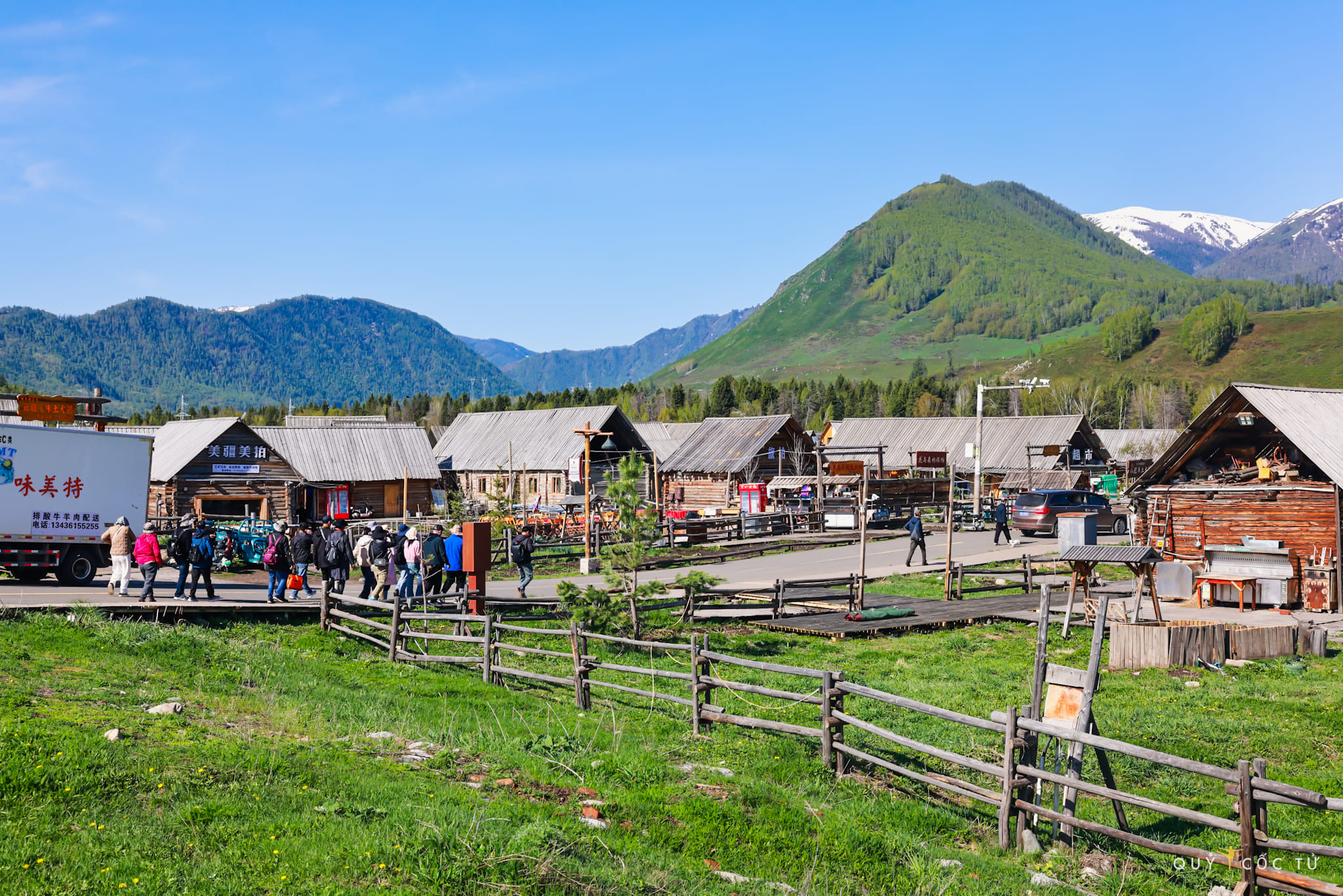
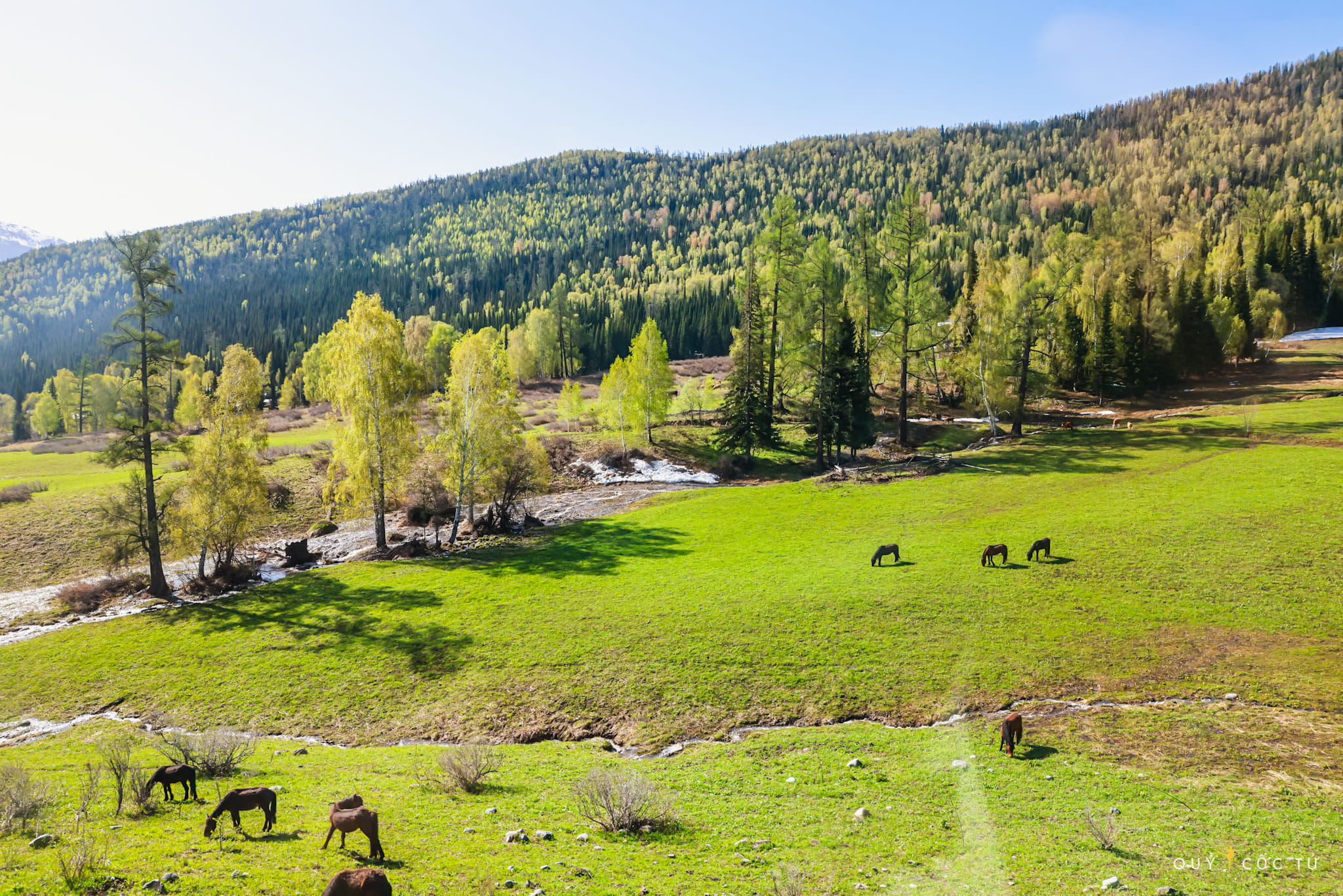
Đan Thanh (Ảnh: Ngô Trần Hải An) |
Hoa Muc village in Xinjiang (China) has rustic houses, green grasslands, poplar trees hanging over streams and the majestic Altai mountains surrounding it.










Phương Anh |
Liuzhou Snail Vermicelli, a traditional specialty of Guangxi (China), is now available in Hanoi.
Đan Thanh |
Ha Hien traveled to Hong Kong (China) alone for 6 days during the time when typhoon No. 3 Yagi caused heavy rain and wind and many activities were canceled.
Chí Long |
Travel blogger Doan Phuoc Truong shares many interesting things during his trip to explore Guizhou (China).
Đan Thanh (Ảnh: Ngô Trần Hải An) |
Trung Quốc - Cổ nhân có câu: “Đã đến Tân Cương phải đến “thành phố ma quỷ” một lần, nhưng tới đây không nên đi một mình”, bởi nơi đó ngày đêm vang tiếng hổ gầm, voi rống, gào khóc...